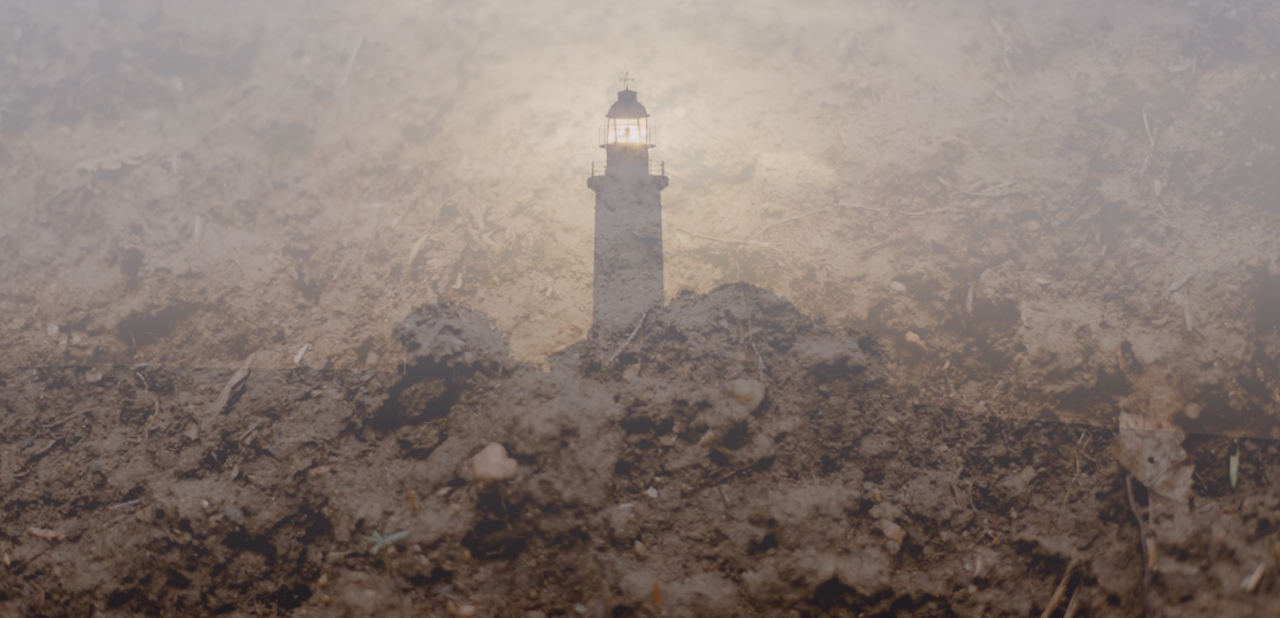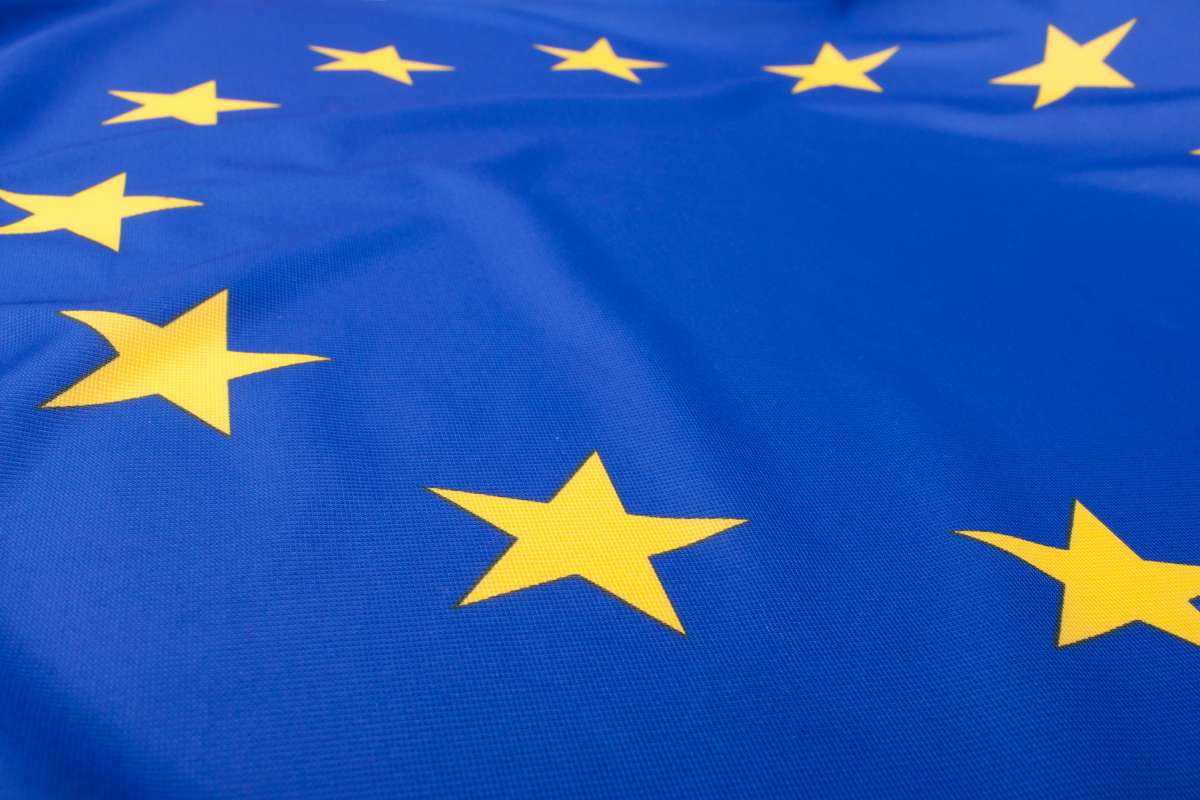Division of Environment and Natural Resources
PREPSOIL

End: jun 2025
Start: jul 2022
PREPSOIL facilitates the implementation of Mission Soil in Europe. This is done through co-creating and launching tools and venues for communication and learning, as well as through mapping and dialogue to understand how regional soil needs assessments, supported by harmonized monitoring mechanisms, can lead to action in Living Labs and Lighthouses.
Links to PREPSOIL films of Norwegian initiatives for soil health
Andreas Capjon/Økern Portal Rooftop garden in Oslo, Norway
Farm scale composting (Enebakk, Norway)
Lundens gård: Alley cropping in Sweden
Maïna Joner at Skøyenåsen hagelag in Oslo, Norway
Regenerative agriculture field day at Steinvik farm (Trøndelag, Norway)
Stephen Barstow's forest garden (Trondheim, Norway)
The Food Forest at Landås - an edible forest (Bergen, Norway)
LINKS TO PEDAGOGICAL TOOLS, USEFUL INFO FOR LIVING LAB INITIATIVES AND MORE
Best Teaching Practices | Prepsoil
Empowering Soil Innovation: The PREPSOIL Toolbox Helps Living Labs Grow | Prepsoil
| External project link | Official project website |
| Start - end date | 01.07.2022 - 30.06.2025 |
| Project manager | Line Friis Lindner, Aarhus Universitet |
| Project manager at Nibio | Daniel Rasse |
| Division | Division of Environment and Natural Resources |
| Department | Biogeochemistry and Soil Quality |
| Partners | Aarhus University, WR (Wageningen Research), SLU, INRAE, NIBIO, ZALF, ENoLL, LESP (LESPROJEKT), DELTARES, INIA-CSIC, IUNG-PIB, COPA-COGECA, ACR+, ERIAFF (FUNDECYT PCTEX), ÖMKi, TRUST-IT Services, RE-SOIL FOUNDATION, ACTA |
| Total budget | 4 990 228 EURO |
| Funding source | HORIZON-MISS-2021-SOIL-01 |
Mission Soil is a major initiative for soil health in the EU, aiming to improve the soil health of agricultural, forestry, industrial, urban and natural soils. The main objective of the PREPSOIL project is to promote the implementation of Mission Soil.
This is done on the one hand by creating arenas for communication between key soil actors from different sectors (e.g. Living Labs projects) and building awareness of soil health in society in general, and on the other hand by supporting specific processes of the mission by assessing the state of soils in selected European regions, exploring soil health indicators, Earth Observation and citizen science for use in soil monitoring, and by developing business models for Living Labs projects (projects that serve as the main tool for implementing the Mission).
NIBIO is leading the work of identifying and documenting groups of stakeholders with a commitment to soil health around Europe - so-called ‘Communites of Practice’. This involves, among other things, video interviews with representatives of more than 80 groups of farmers, foresters and gardeners around Europe. NIBIO is also involved in mapping Living Labs and Lighthouses for Soil Health, and in giving visibility to people’s commitment to soil as part of the preparations for the implementation of Mission Soil. See links to the left to watch films from Norway.
Another form of groups engaged in PREPSOIL are the so-called ‘National hubs’. These are networks of key stakeholders at national level that were formed across the twenty-four participating countries in the EJP SOIL project, through which they have met to discuss the sustainable use of agricultural land in their countries and to provide input on their national situations to the research roadmap that has been developed in EJP SOIL. Some of these networks have also provided input to national processes. NIBIO led the work of following up these networks in EJP SOIL, and is also in contact with them through PREPSOIL. In order to implement Mission Soil at the national level, the European Commission envisages networks of national key stakeholders related to agricultural soil, forestry soil, industrial soil, (peri)urban soil and natural soil that can have an advisory function related to the development of policies connected to soil - so-called ‘Mirror Groups’. The European Commission recommends building on existing networks when forming such groups, and considers the national networks built in the EJP SOIL project (‘EJP SOIL National hubs’) as a suitable starting point to build on. In PREPSOIL, NIBIO is collaborating with Aarhus University to provide information to countries involved in PREPSOIL and Mission Soil about what it takes to form Mirror Groups.
NIBIO has also mapped soil needs in Trøndelag, which is one of 20 selected regions in PREPSOIL.

